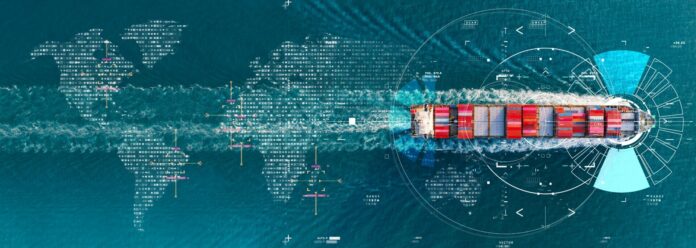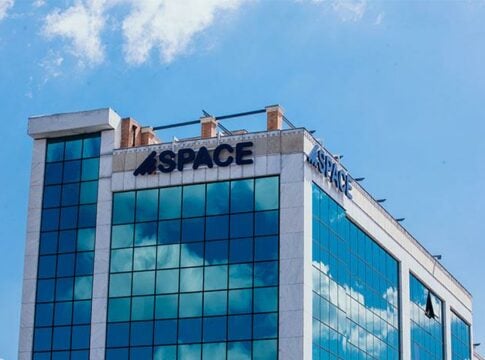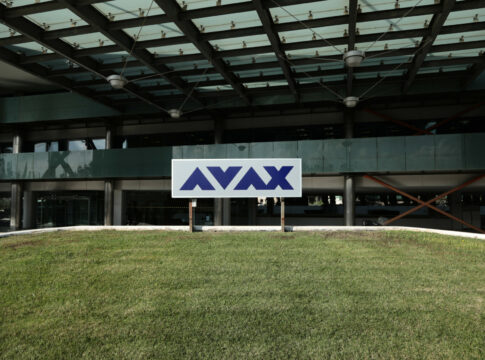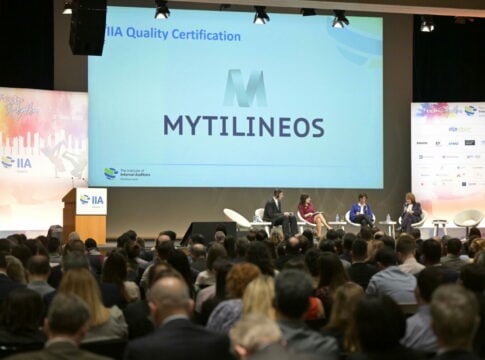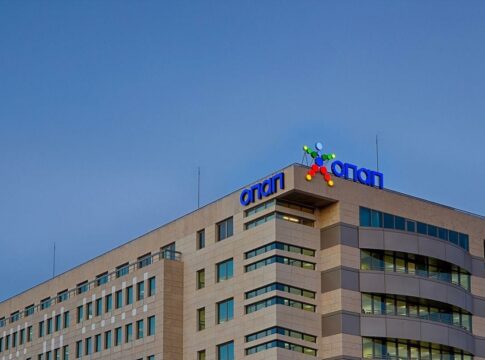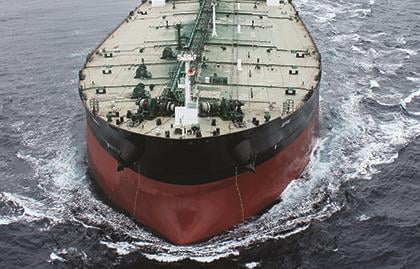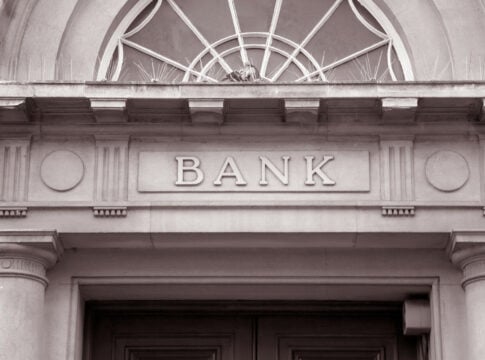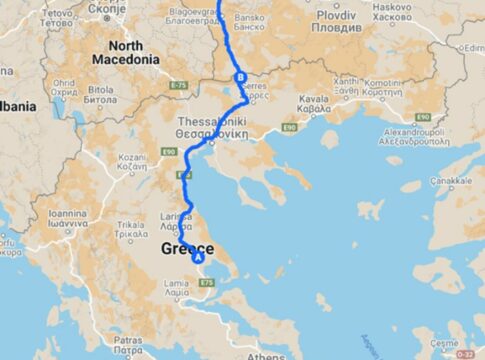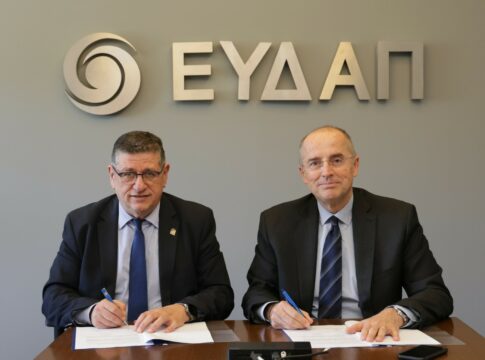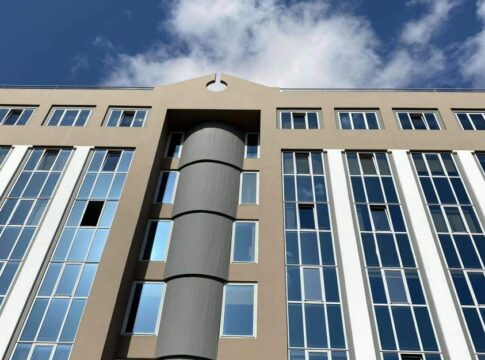Semiramis Paliou, CEO of Diana Shipping and president of HELMEPA, revealed the huge costs for shipping’s transition to the zero-pollution era.
More specifically, Paliou said at the shipping conference of Capital Link held in Cyprus, that the shipping sector needs about 1 trillion USD by 2030 and 3.7 trillion USD by 2050.
But as she pointed out, “conventional ships are impressively fuel efficient, while future fuels remain uncertain, with biofuels, methanol and LNG being the currently available alternatives.
Risk remains in investments in new vessels, but transitional solutions such as methanol dual-fuel vessels signal progress towards sustainability.”
EU ETS, Safe Bulkers president Poly V. Chatziioannou, commented that the regulations will lead to increases in the cost of transporting goods to and from European ports due to duties and taxes.
“High cost could lead the European fleet at an unfavorable position,” he said and added that the phrase “the polluter pays”, meaning the charterers, which is mentioned in the debates on environmental regulations, is not entirely true. In his experience, some charterers often pay only part of the cost, leaving the shipowners to pay the rest.
Ultimately, however, consumers will bear the brunt of the costs, as they will pay higher prices to buy the same products. Hatziioannou emphasized that it is not clear which projects are eligible for the money collected from the EU ETS. Regarding alternative fuels and ship efficiency, uncertainty about the practical implementation of such investments and interest from charterers have led the shipowners’ side to view such investments with reluctance.



